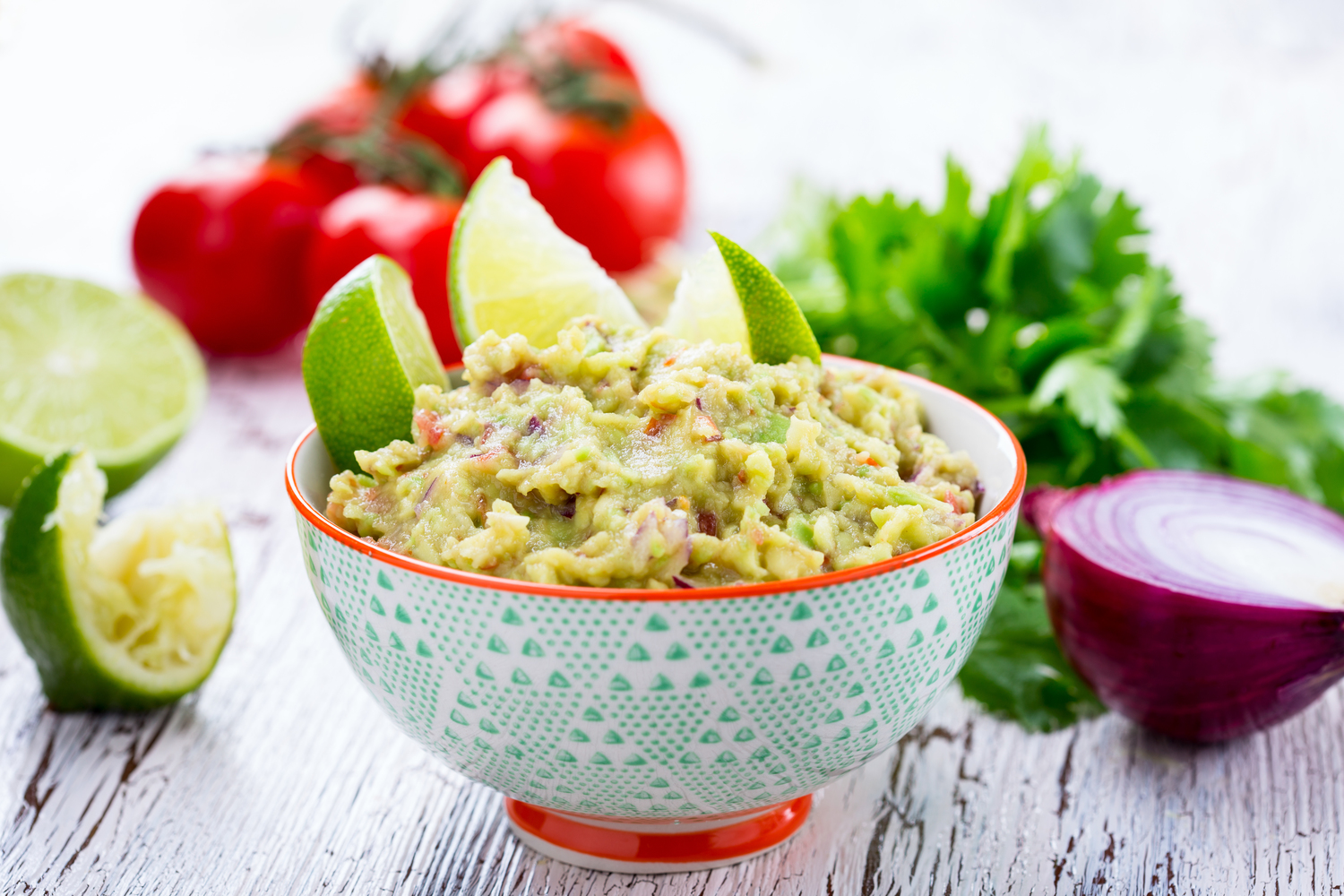Dietary Strategies and Foods to Manage Epilepsy Effectively
Explore effective dietary strategies for epilepsy management, including antioxidant-rich foods, high-protein options, healthy fats, and specialized diets like keto and Atkins. These nutritional approaches can complement medication and help reduce seizure frequency. Always consult healthcare professionals before making significant dietary changes to ensure personalized care and safety.

Nutritional Approaches and Food Choices for Epilepsy Control
Epilepsy is a neurological condition characterized by abnormal electrical activity in the brain, leading to seizures. While medication is commonly used, strategic dietary modifications can significantly improve management. This article explores key foods and specialized diets that may help lessen seizure frequency and severity.
Fruits and Vegetables
Research suggests a link between antioxidant deficiencies and epilepsy. Consuming a colorful variety of fruits and vegetables boosts antioxidant levels, which may help regulate seizures. Emphasize non-starchy vegetables like spinach, broccoli, mushrooms, celery, and zucchini, and aim for at least five servings daily. Dark berries and low-sugar fruits are excellent choices.
Protein-rich Foods: Meat & Seafood
Proteins sourced from meat and seafood are essential, providing necessary nutrients without carbs. They support ketogenic diet regimens, which may help control seizures. Fill your plate with about 80% protein from sources like poultry, fish, pork, beef, and shellfish. Prefer pasture-raised and grass-fed options. Lamb can be a good substitute if you avoid pork or beef.
Healthy Fats: Butter & Oils
Use healthy fats such as olive oil and canola oil to enhance brain function and aid absorption of fat-soluble vitamins. These fats are an integral part of ketogenic and other low-carb diets used in epilepsy management.
Dietary Restrictions: Avoid Sugars
Reducing intake of simple sugars and high-glycemic foods can improve seizure control. Common culprits include candies, baked goods, sweetened beverages, honey, and syrups. Limiting these helps prevent blood sugar spikes that may trigger seizures.
There are various dietary plans designed for epilepsy management:
Ketogenic Diet: Focuses on high fats, moderate proteins, and very low carbs, promoting ketosis to help reduce seizures.
Medium-chain Triglyceride (MCT) Diet: Uses MCT oil supplements to provide healthy fats instead of high-fat food sources.
Modified Atkins Diet: Similar to keto but with a higher emphasis on protein intake and slightly more flexible carbohydrate limits.
Low Glycemic Index Diet: A less restrictive plan that prioritizes foods with a low glycemic index, balancing carbohydrate intake without major restrictions on protein or fats.









